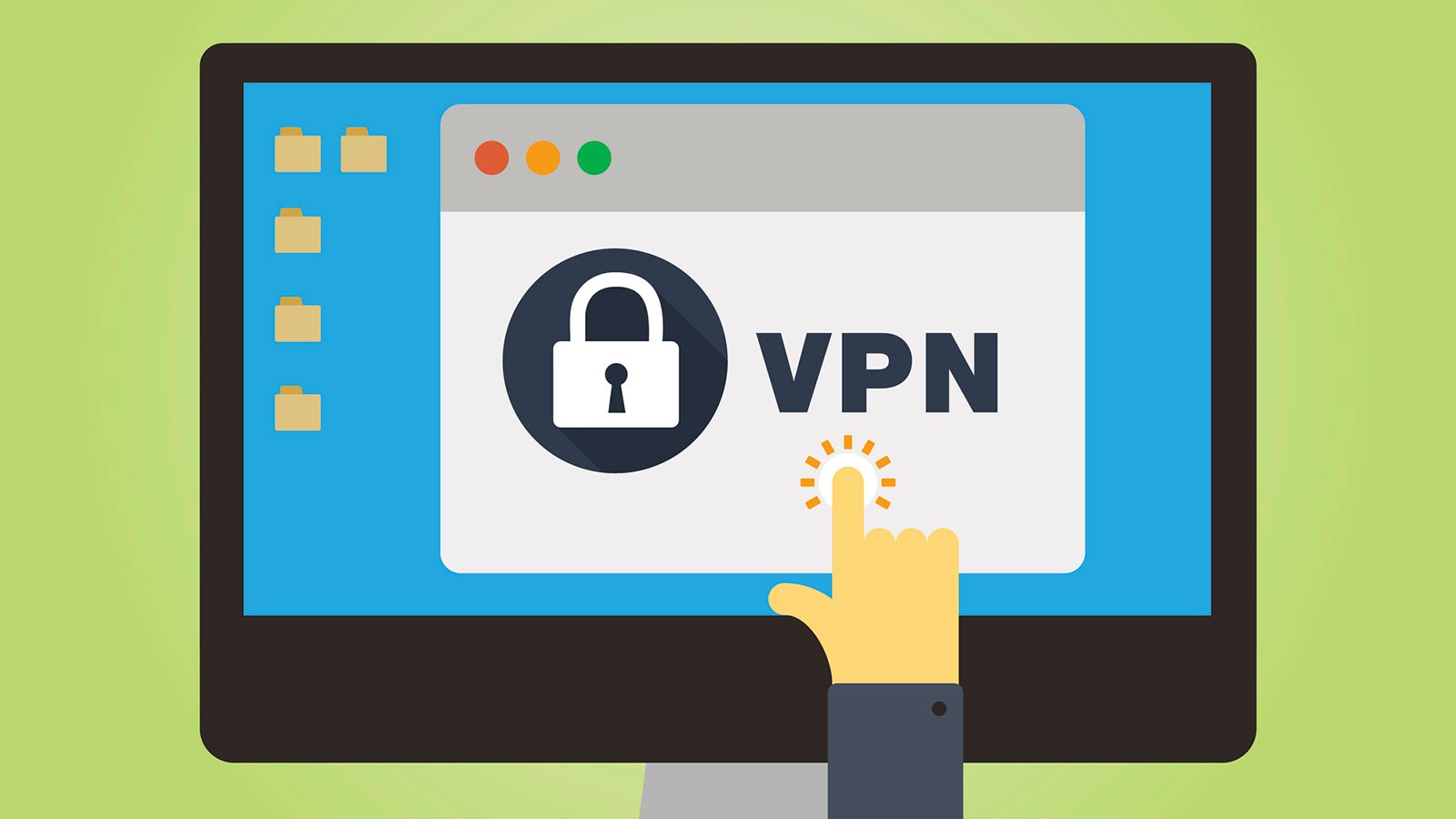
About VPN, Types of VPN and Limitations to a VPN –
admin | April 23, 2023 | 0 | TechnologyIntroduction –
An internet security service also known as VPN is a kind of service which develops an encrypted connection between the devices of users and one or more servers. A VPN can securely link a user to an organizations network that is internal or to the public network. Several businesses mostly use NJ Business VPN Support, which gives remote workers access or permission to internal applications and data, that creates a single shared network between several office locations. In both the cases, the final objective is to stop web traffic – mostly, traffic that comprises of proprietary data – from being unprotected on open internet. There is a necessity of the VPNs to accomplish this. You can take the example of remote employees.
Encrypting Traffic –
When a worker is working on-premises, they can connect their system and mobile device directly to the internal network of business. However, if a worker works remotely, their connection to that particular internal network should take place over the public internet, possibly exposing the traffic and the attacks and other alternate methods of snooping in sensitive information. Encrypting that circulation through a VPN (business) or other security service keeps it safe from the eyes of the people. There are different types of business VPNs. There are 2 main categories of business VPN – remote access and site-to-site VPNs.
Remote Access VPNs –
It is a kind of VPN that develops a link between remote network and individual user – mostly the business internal network. Remote access VPN mainly uses 2 important components – NAS & VPN Client. In a NAS, Network Access Server a dedicated server or software application on a shared server is linked to the business’s network that is internal. In a VPN client, software is installed on a user’s computer or mobile device. In this, when the user wants to use the business network they activate their VPN client, which develops an encrypted platform to the NAS. This encrypted platform permits the user to use the network which is internal without their traffic being exposed – a significant or important security benefit for a remote employee.
Site-to-site VPNs –
In this type of VPN, it develops a single virtual (online) network that is shared across several office locations, each of which has several individual users. In this method, the VPN client is hosted on each office’s local network other than individual users’ devices. In this manner, users in every office location are able to use the shared network without the need to use the VPN client separately. But, if they leave or go out of office, then they lose the use or access to the network.
Difference Between Business VPN & Consumer VPN –
One of the things that you should know is that business VPN and consumer VPN works same, in that both will develop an encrypted connection with a remote network. The main distinction lies in WHY they are used. A business VPN allows users and teams connect their organizations internal network. On the contrary, a commercial VPN connects the user to a remote server or a set of servers, which interacts with public internet on the behalf of the user.
Limitations of Business VPN to Secure Remote Access for Employees –
Whenever a VPN is use as it is intended for the use and uses the latest cryptographic protocols, it can efficaciously encrypt traffic between remote employees or teams and their firm’s internal network. Add on, VPNs are easy to manage and cheap than legacy solution like purchasing a secure lease line from an ISP or manually allow listing individual IP addresses which belongs to remote workers. However, even VPNs have limitations like Security risks, Latency penalties, Cloud and hybrid cloud complexities, Mounting costs and Management time.


